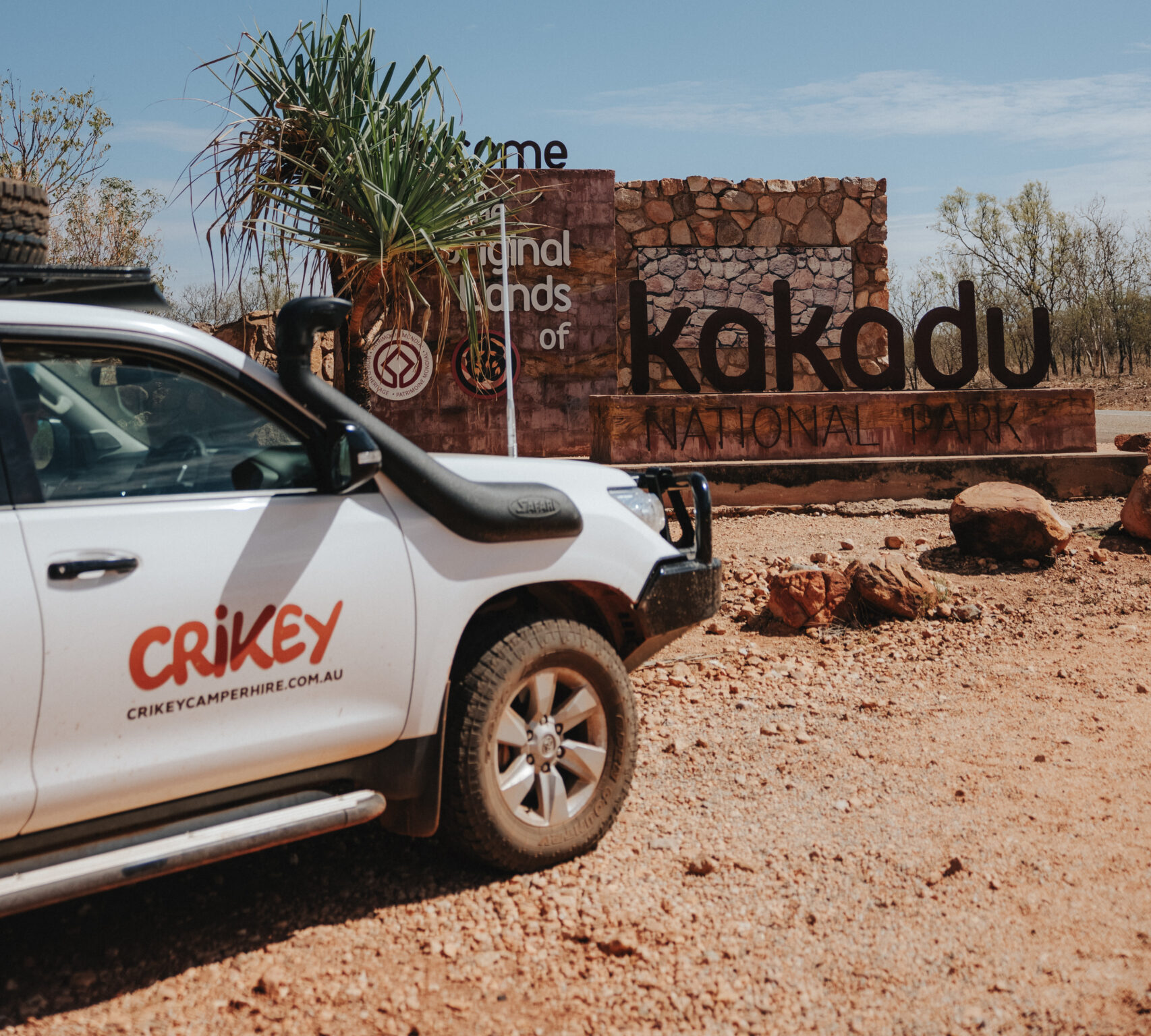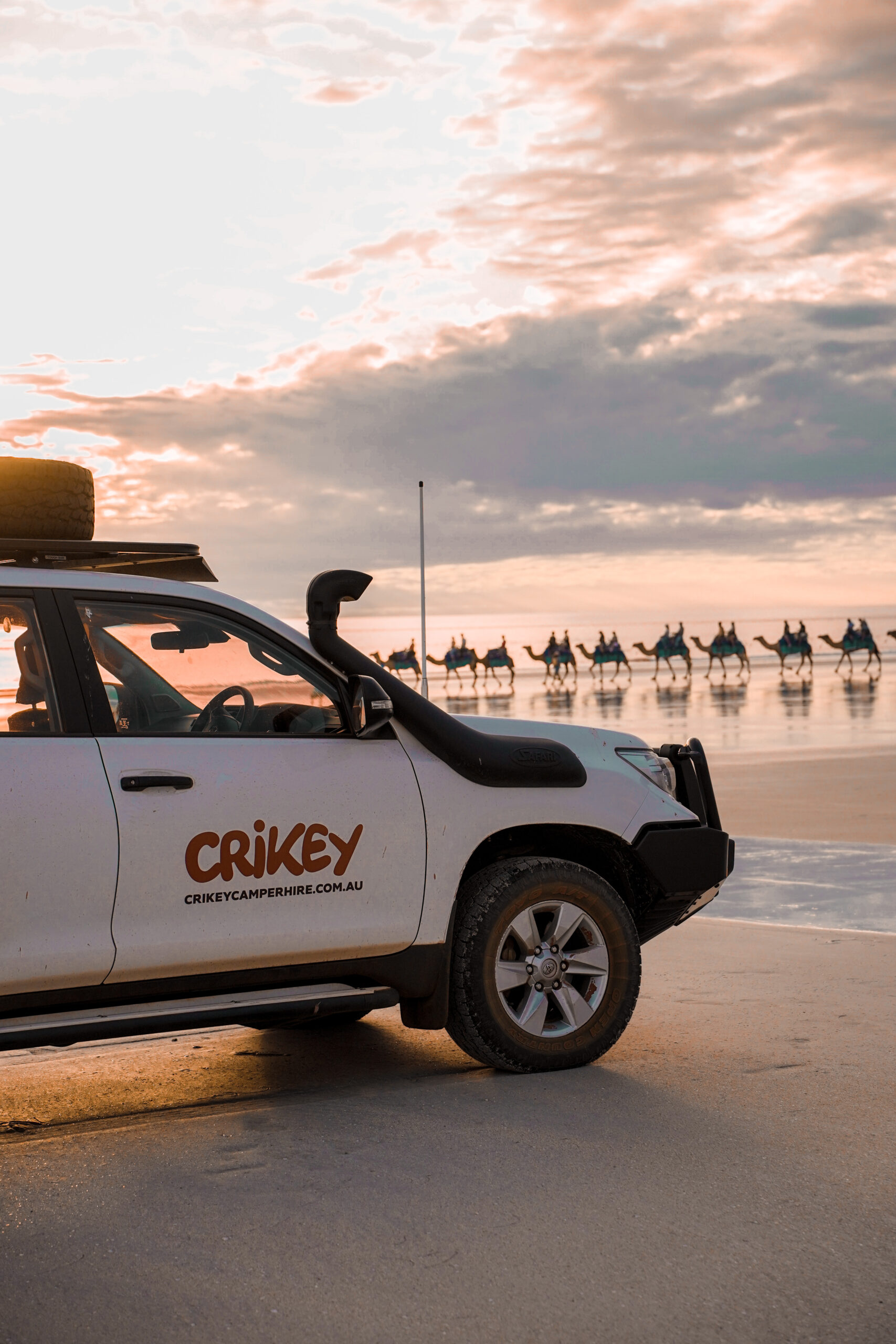Itineraries
Can’t See the Itinerary for You?
We’re working hard to create even more amazing itineraries for your next holiday!
Need one urgently? We’ve got your back! Before we even put them on our website, we might have a downloadable PDF version ready for you. Just fill out the form below with your name, email, and dream destinations, and we’ll send you a personalised itinerary right away!
FAQs
The most popular way to travel across Australia is by using a 4WD vehicle with a trailer. This mode of transport not only provides the versatility to navigate rugged terrain but also allows travelers to carry essential camping gear and supplies. With a 4WD, adventurers can explore the vast and diverse landscapes, from stunning coastal drives to the dramatic outback, and reach remote locations that showcase the country’s natural beauty and wildlife. This way of traveling offers the freedom to set your own itinerary, stop at hidden gems, and immerse yourself in the unique experiences Australia has to offer, making it an unforgettable journey.
There are many beautiful campsites available in Western Australia and Northern Territory. We recommend downloading the WikiCamps app: www.wikicamps.com.au
Yes, if you are travelling in our 4WD and Safari Camper package or Off-Road Safari Camper and as long as the road is open.
While the Gibb River Road is less than 700 km in length, we recommend allocating at least 14-days of your itinerary to be able to take your time traveling along the road as the number of places to see and road conditions make it well worth spending the extra time.
Free camping in Australia varies by state and territory, with Western Australia (WA) and the Northern Territory (NT) having their own rules.
In WA, free camping is generally allowed in designated areas, such as certain rest stops and national parks, but it’s important to check local council regulations, as some areas may prohibit overnight stays. Campers should leave no trace and respect the environment.
In the NT, free camping is more widely accepted due to the abundance of open spaces and natural parks. However, like in WA, it’s crucial to look for designated free camping sites, as some areas may have restrictions. Some Aboriginal land is off-limits for free camping, so obtaining permits and respecting the cultural significance of these lands is essential. Always refer to local guidelines to ensure compliance and enjoy a safe, responsible camping experience.


